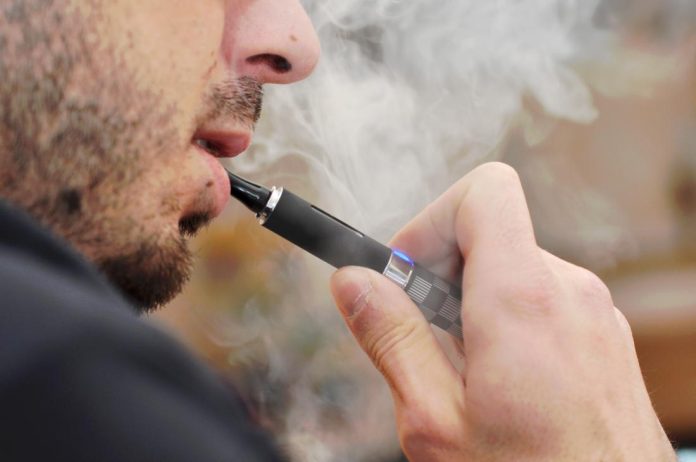Malaysia’s vape retailers are facing an uncertain future as the government continues to delay in regulating the industry, with a growing concern that these businesses could shutter by year-end. The delay threatens 31,500 jobs. Industry insiders and experts challenge the merits of the Generational Endgame (GEG) policy and urge the government to re-evaluate its stance, highlighting the adverse impact of the policy on national tax revenue and its potential economic ramifications.
Malaysian Vape Chamber of Commerce (MVCC) secretary general Ridhwan Rosli said apart from the possible closure of vape businesses and loss of tax revenues to the government, the GEG implementation will also deter foreign and domestic investments throughout the manufacturing, logistics, distribution and retail sectors related to the industry. “Based on our study, retail businesses have grown significantly over the past few years. Our first report on the vape industry was in 2019, and since then, we have seen the industry continue to grow exponentially. “Apart from contributing significantly to the country’s economy and helping smokers to quit cigarette smoking, it has also facilitated the growth of local entrepreneurs and created multiple job opportunities throughout the entire supply chain, directly and indirectly,” he told Business Times.
According to MVCC’s latest data, the number of vape manufacturers remained at 250 but there was a steady increase in importers to 100 in 2022 (2019: 30). Furthermore, the industry has expanded its sales channels, with vape products now available in general stores. In addition, the industry has also created many business and job opportunities for the Bumiputera community. “It is estimated that all Bumiputera vape retailers will be forced to close their businesses eventually, as their potential customers will no longer be allowed to purchase or consume any vape products.




















